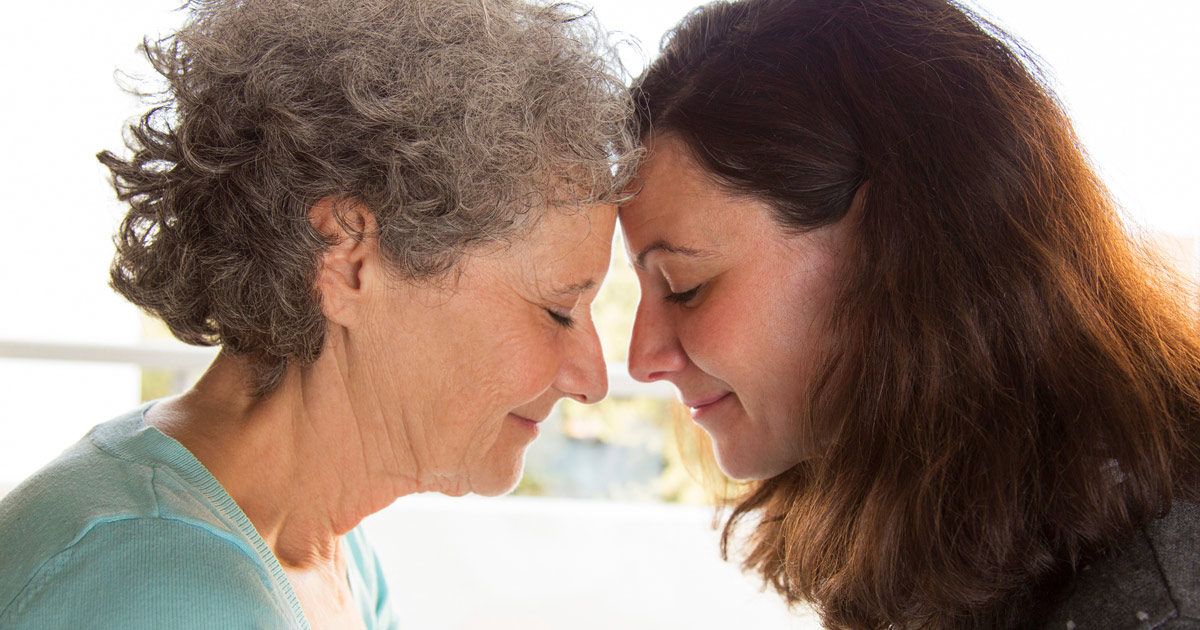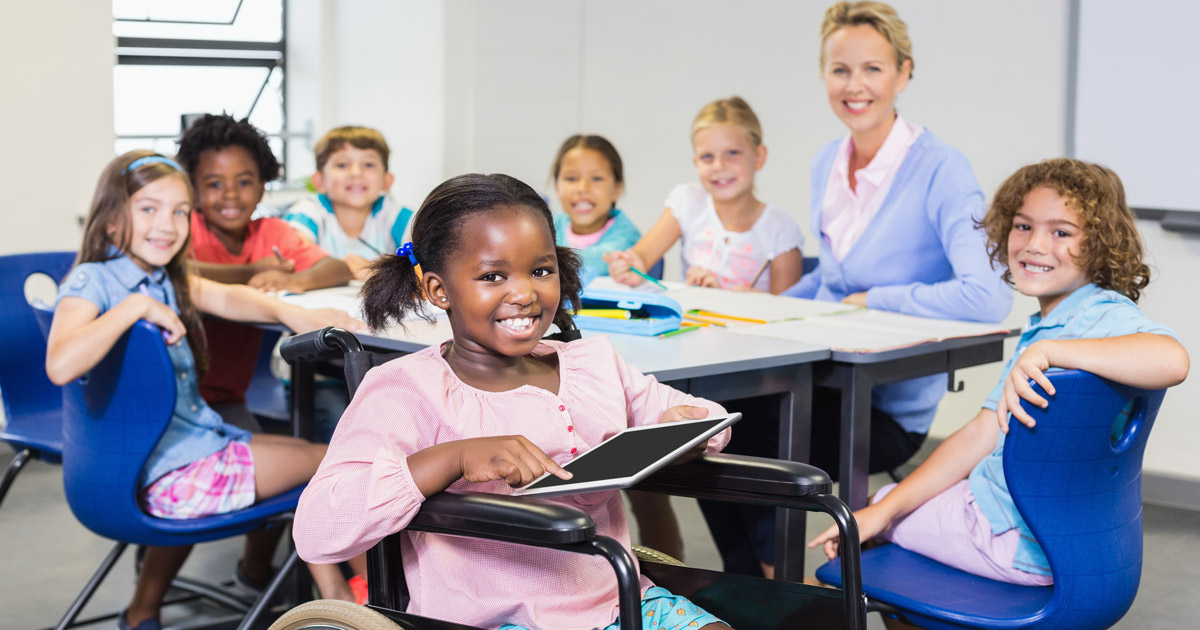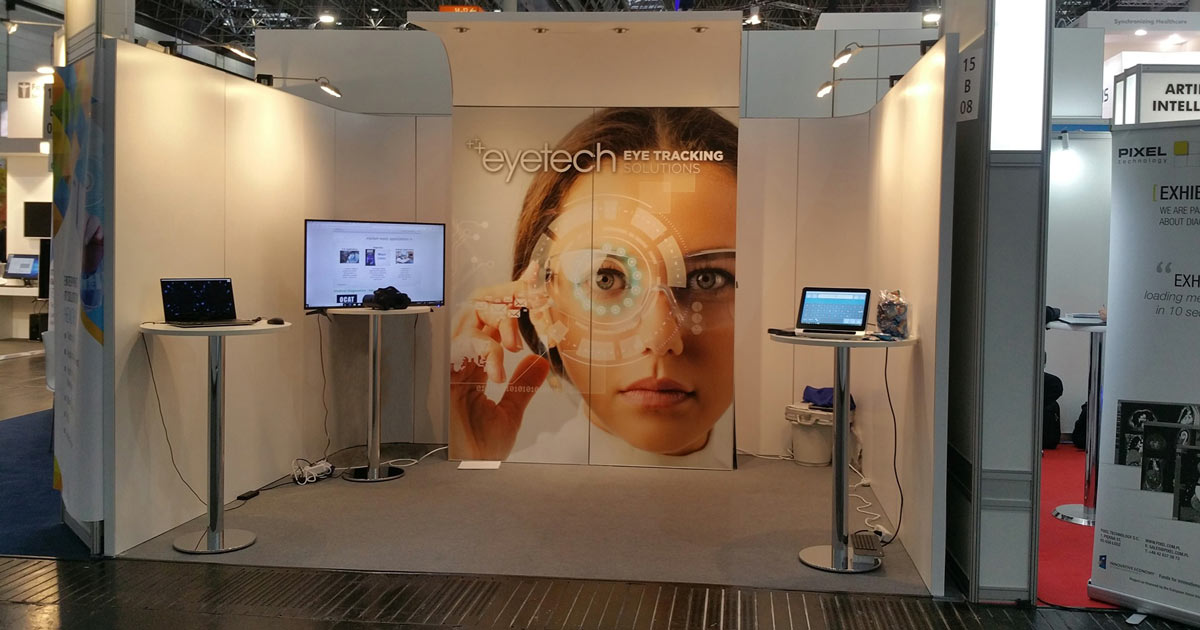First words are the stardust of connection. They are the magical moments in time that change stories and forge contentions. Words are a currency for our emotional associations and provide an expression of our energy. And first words hold a special place in each of our stories.
First words often occur at the intersection of needs – like “eat” or “milk’ – and something admired – like “Mom” or “Dad.” As a society, we put a lot of pressure on first words. For some parents, it can even become competitive. For example, which parent had their name said first?
We all know the experience of first words like this to some extent, but life can be unpredictable. And first words may happen more than once in a lifetime.
First words following a traumatic brain injury or after being diagnosed with a rare disease can be profoundly memorable. Some circumstances may mean that months, if not years, are spent recovering from trauma, and countless hours are spent in rehab before words are expressed. And, how they are shared may look and sound different as well – with the help of an AAC device, for example.
Sometimes the rehab or recovery doesn’t afford the mobility of extremities that would be used for speech or other communication. ASL, for example, requires hand dexterity. Even language augmentation and AAC devices often require the selection of an icon with a finger’s touch.
Occasionally, in the absence of gross motor function, such as steering a hand, finger, or mouth movements, eye movement may remain unaffected. These kinds of circumstances have inspired and supported enormous progress in eye-tracking solutions for computer interface communication – like the solutions led by the EyeTech team with their EyeOn devices and OnBright software suite. Using the movement of eyes for communication is unlocking access to language and independence for many people who historically would have led clinically and socially-dependent lives.
Being able to express oneself, however it can be done, is empowering. Words are how we have our needs met. They provide a way to connect with one another. Words are an essential tool for expressing ourselves – our passions, our distastes, and our love.
Equally impactful is the experience of hearing words from a loved one who has struggled to express themselves, like what it can be like with an autistic nonverbal child. Words can be a shared gift:
Hearing a partner say, “I love you.”
Hearing a child say, “Mama.”
Hearing a friend say, “thank you.”
Hearing a patient say, “popcorn.” (Their favorite food.)
The first words following a traumatic injury or illness can be remarkable moments that hold profound meaning. These phrases add depth to connection to an extraordinary physical and emotional investment from both parties. For the caregiver or loved one, hearing words can bring validation of their care. For the person with the communication impairment, it is empowering to be able to say what they feel. The words can feel like a sweet reward for all that hard work.
Words provide more than emotional connection too. AAC technologies that improve access to words are affording patients – who historically would have remained impaired – a path to autonomy, self-sufficiency, and independence. Even simple computer interfaces can be an unexpected barrier to independence and having tools to expand access to that technology through eye tracking or another input can be revolutionary.
On the path to independence, the “first word” moments are a catalyst for motivation, empowerment, and connection. First words – however they look – whether at the beginning of life or the beginning of a new chapter are memorable and inspiring. They hold power to change the lives of patients, caregivers, and the communities surrounding them – and we are honored and inspired to have a part of those stories.
Do you have a story about “first words” that you would like to share? We would love to hear it.



